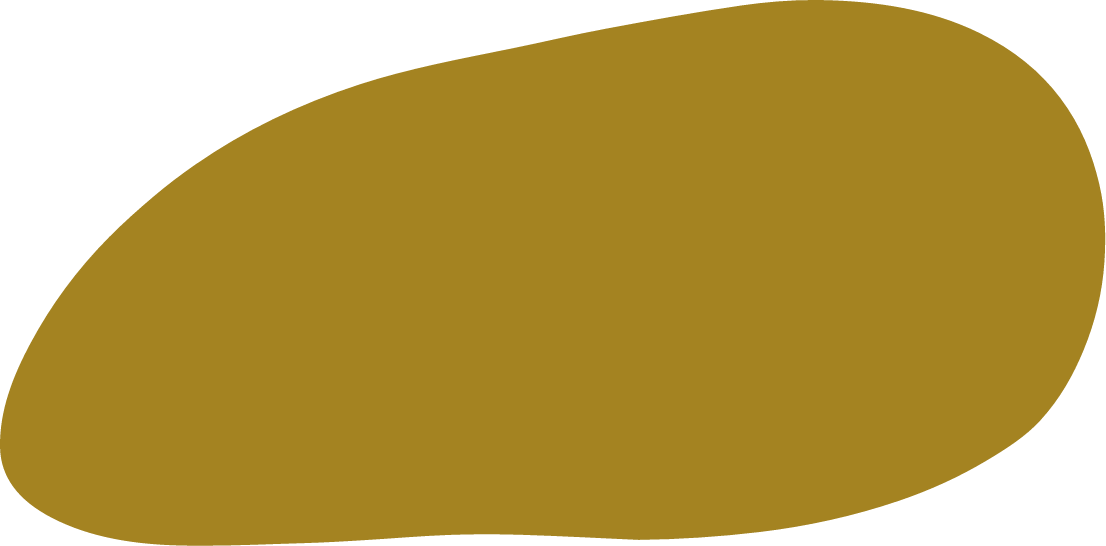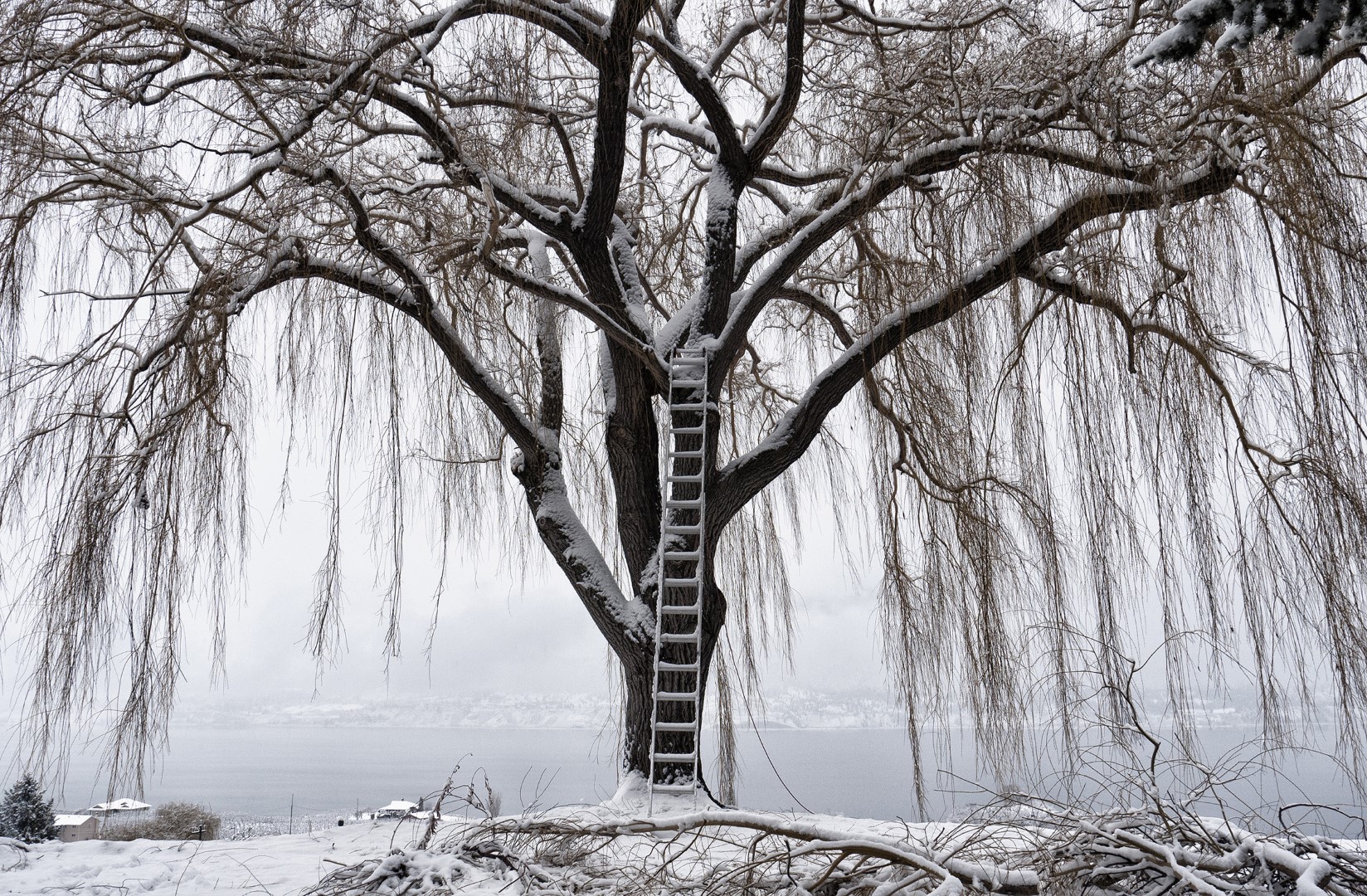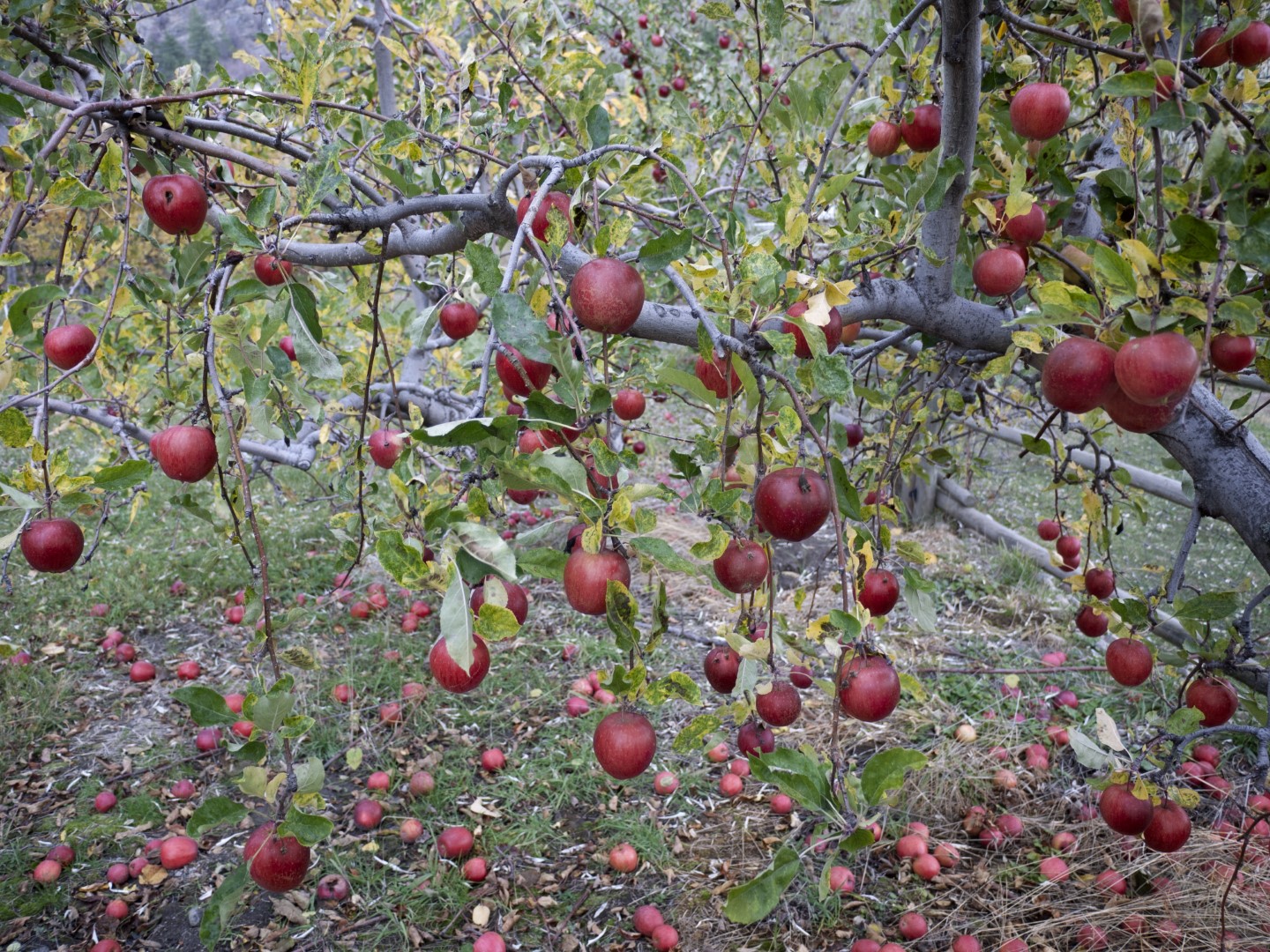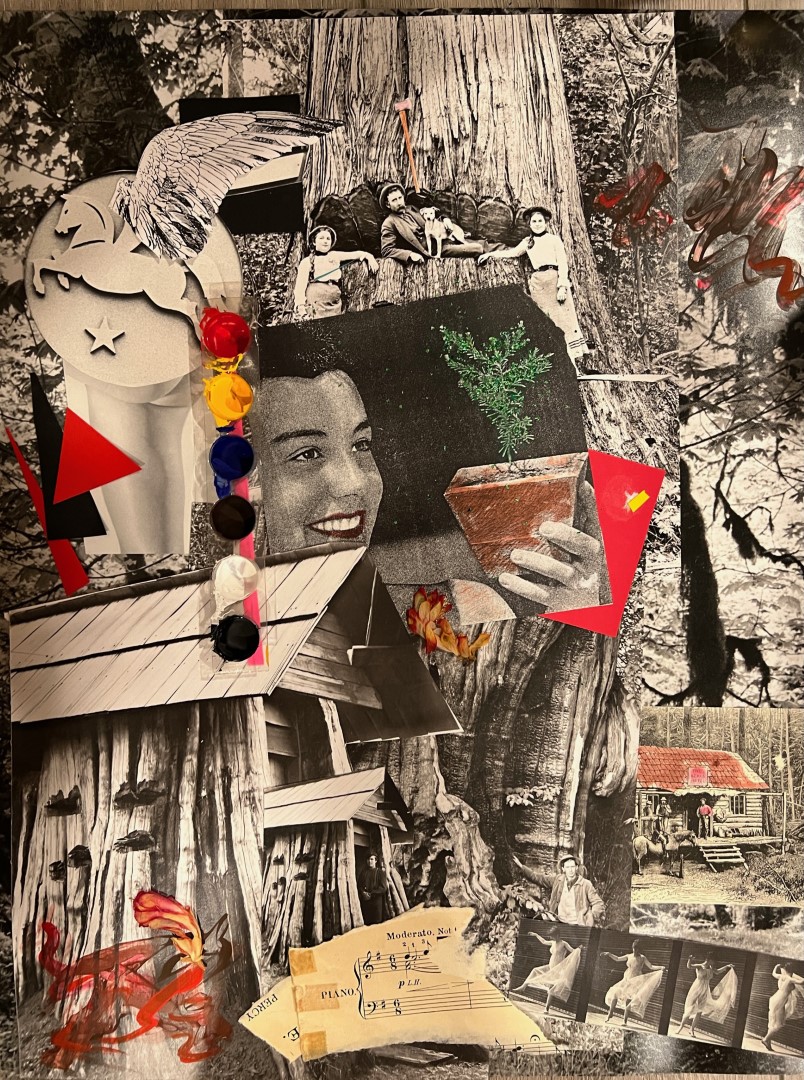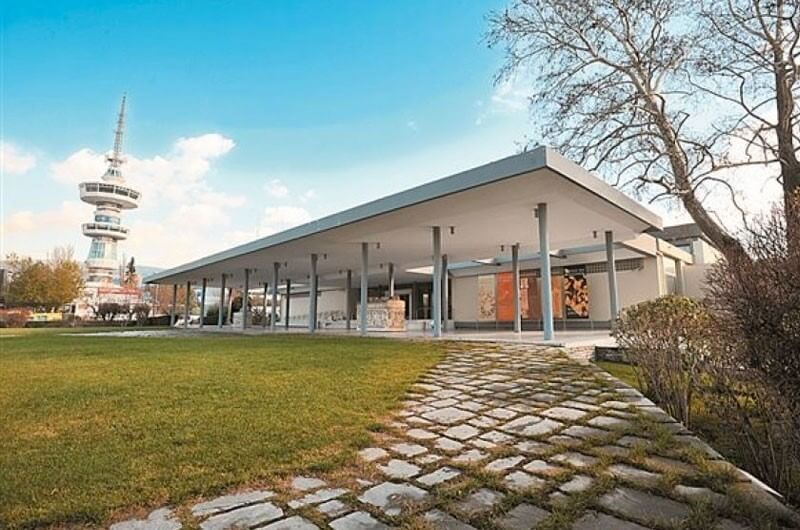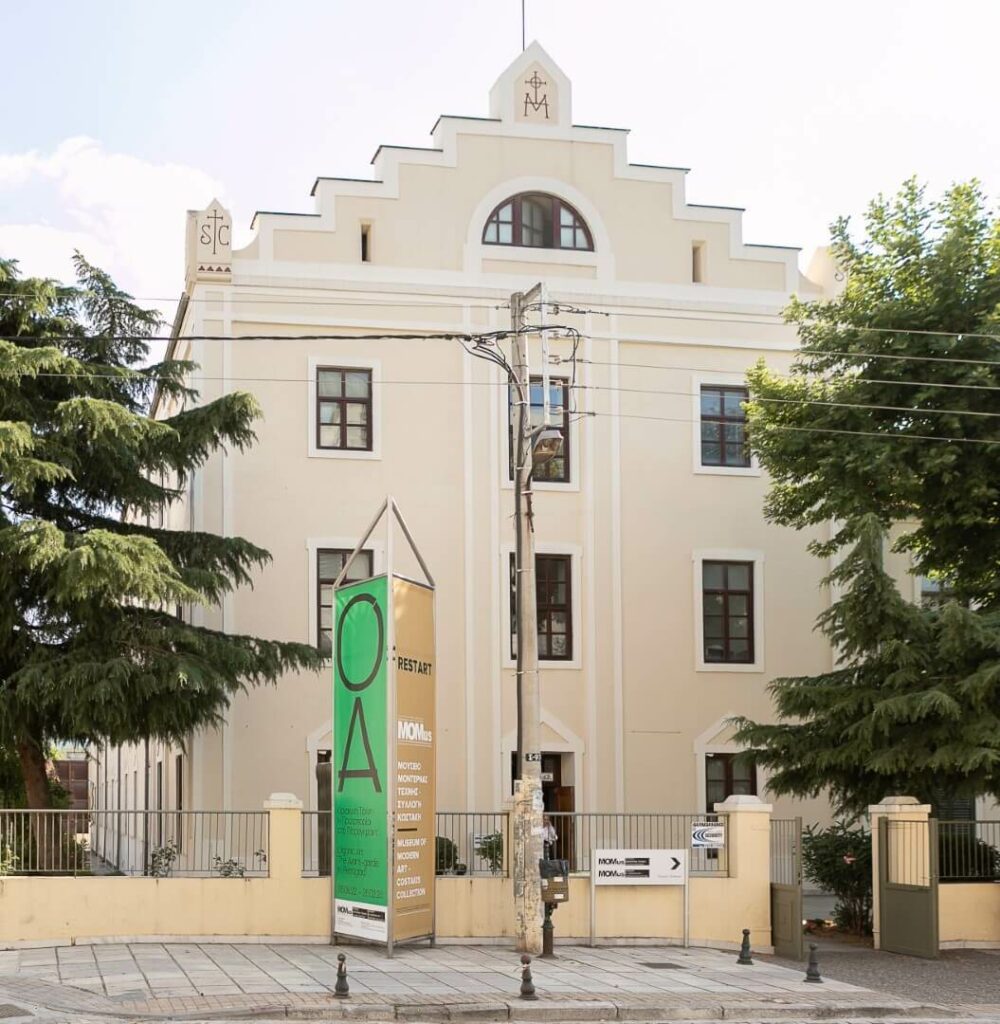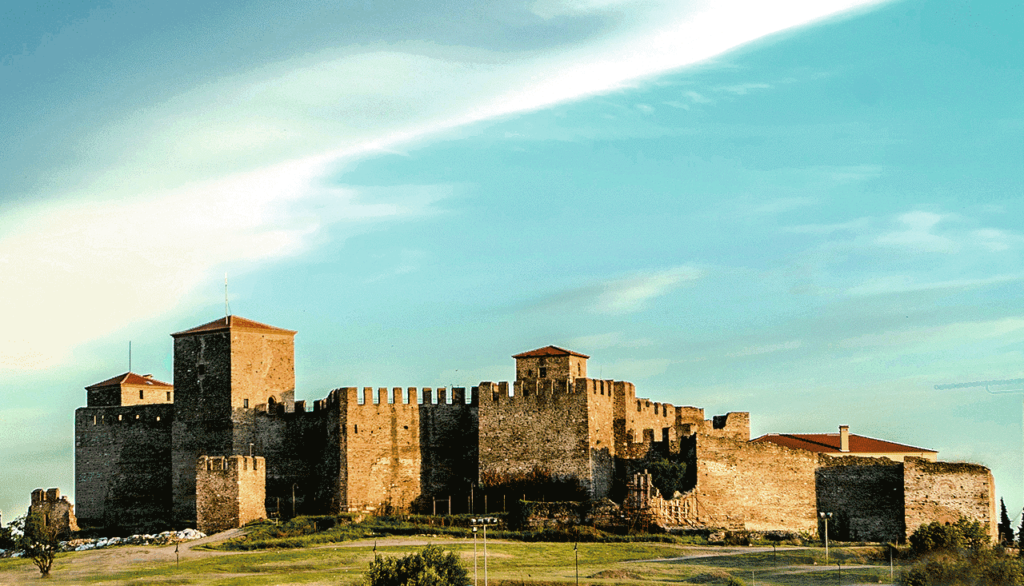What can connect the suburbs of Vancouver in the late 1960s, the huge, felled tree trunks of Locarno coast and the First People ceremonies in Canada, with the nature along Attiki Odos in Athens, the views of fruit sorting, sound engineers recording the sound of trees and two women from Afghanistan and a little boy with the Acropolis and the Parthenon surrounded by scaffolding in the background? All of these may seem unrelated, but they have all captured the photographic eye of Greek-Canadian Christos Dikeakos, an important artist of the diaspora, and they are just some of his photographic series of the last five decades presented in his first retrospective exhibition in Greece, in the framework of the 8th Thessaloniki Biennale of Contemporary Art.
Born in Thessaloniki, Christos Dikeakos immigrated to Canada as a child to become a prominent figure in the Vancouver art scene as early as the 1970s. He is known for his work in photography, sculpture and art installations. He is a Member of the Royal Canadian Academy of Arts and has received numerous awards and grants for his work. He has also taught at various universities and colleges in Canada.
Issues of memory, history and management of the natural and man-made environment are touched upon in his work through a perspective that seeks a deeper and different approach. His photographs capture the constant intrusion of culture on nature, with modern civilization spreading while shrinking native cultures.



